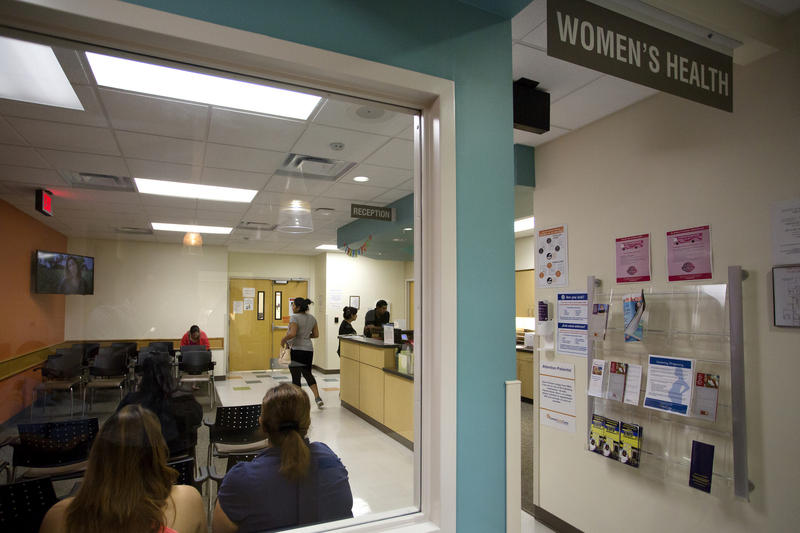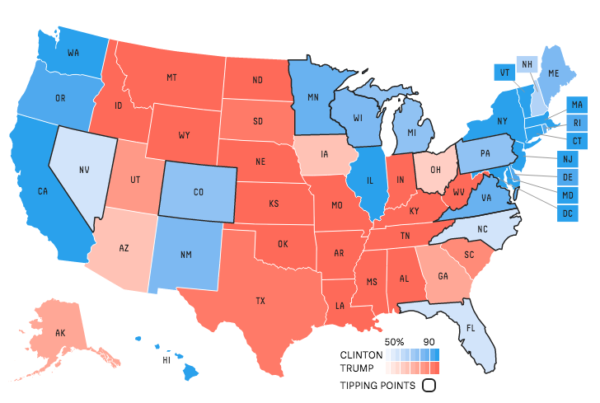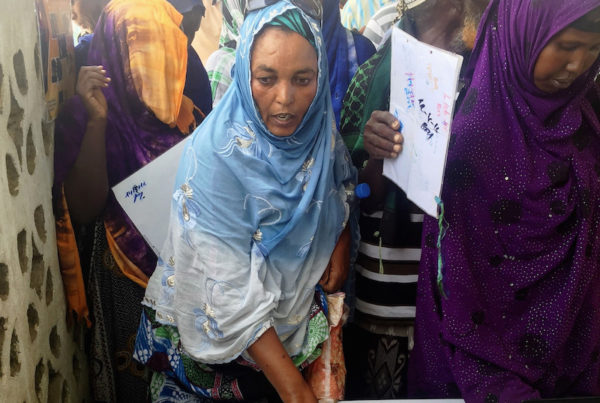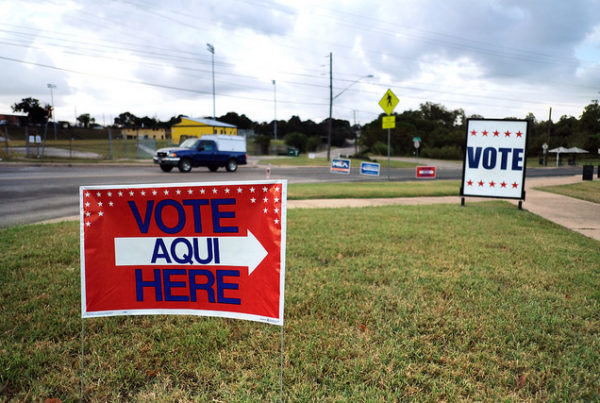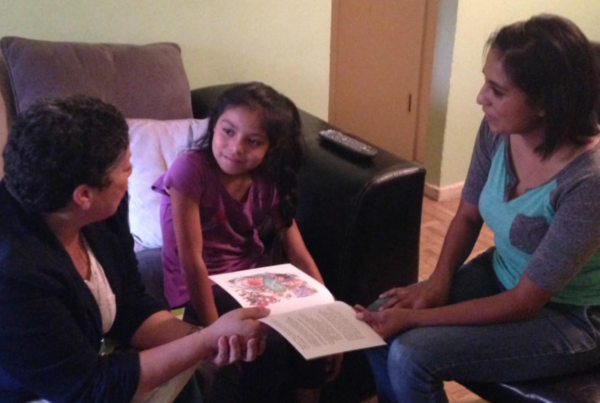Tomorrow, when the world will digest the results of today, a Texas agency will hold a public hearing over Gov. Abbott’s LIFE Initiative, a rule designed to “protect the unborn and prevent the sale of baby body parts.”
The rule would require fetal remains to be buried or cremated, including tissue from aborted or miscarried fetuses. But the state already held a hearing about this rule over the summer, so why’s this happening again?
Julie Chang, reporter for the Austin American-Statesman, says the Texas Department of State Health Services (DSHS) published an analysis of the summer public comment period. They told Chang that they’re holding another comment period “to protect the public from communicable diseases” without specifying a disease in particular.
“Abortion rights advocates have raised the point that there has been no evidence of communicable diseases that have been spread through current ways of disposal of aborted fetus tissues or fetal tissues in general,” Chang says.
Critics of the rule, who are generally abortion rights advocates, have said this rule would drive up the cost of abortions and increase costs for abortion providers.
“It would also put the privacy of women who might choose to have an abortion or have miscarried,” she says, “this would violate their privacy.”
Chang says DSHS says they have rule-making authority to update regulations “as they see fit.”
“This didn’t have to go through the Texas Legislature,” she says. “They basically said that this rule needed to be updated because current rules allow fetal remains to be treated like other medical waste, which is ground up and discharged into a sewer system and finally disposed in a landfill.”
This process drew concerns from those who support this rule, who call fetal tissue “actual fetuses, babies,” she says.
“This treatment of them was improper and did not really align with their views that fetal tissue or fetuses and babies should be protected even before they are born,” Chang says.
DSHS says in their analysis that this rule wouldn’t burden providers with additional costs and, in September, DSHS added this analysis to the rule’s preamble. After the agency tweaked the preamble in September, 25 people had requested a second public hearing.
“I feel like this second hearing came about as a result of push from abortion rights advocates who want to give their one last chance or another opportunity to raise their concerns and drum up some public attention,” Chang says.
DSHS is holding the second public hearing about this rule tomorrow at the Department of State Health Services building in Austin.
Post by Hannah McBride.


